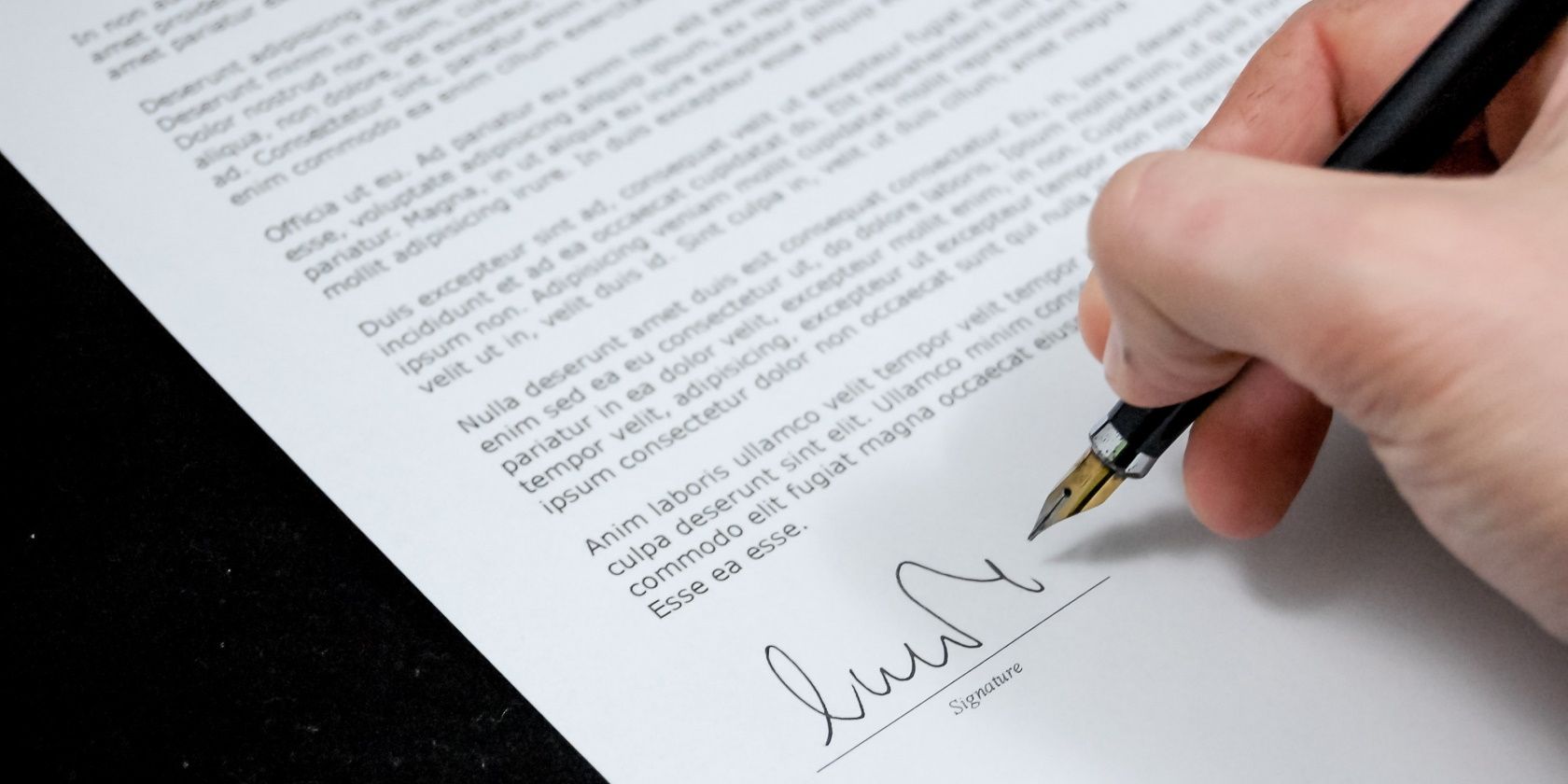Have you recently graduated with a communication degree and have been confused about potential job prospects? English or communication majors have been told that their degree will be useless when it comes to finding work, but that isn't true at all.
Graduating from college can be stressful when it's time to get into the workforce, but not to worry! There are more options than you could imagine when it comes to writing, and technical writing is no exception.
1. Writing Case Studies
Are you an analytical person? Writing case studies involves understanding and observing a real-life situation, which could be a business, a person, or an event. This could be analyzing a business strategy, a new way of learning in college, or even a study within the medical or legal field. You need to be aware of all topic angles, references, theories, problems, and overall solutions. You could be writing about market research in a specific industry.
The job involves extensive research on data, records, brochures, articles, presentations, and other sources. You're preparing an approved documentation plan before writing, identifying a problem, solution, result, writing the case study, and then going through the review process. If you enjoy writing texts based on heavy research or are passionate about essay-writing, you may enjoy this job.
2. Writing Product Reviews
Reviewing products is a more technical form of marketing. If you think you're good at persuasive writing, tone, simplifying words, and accurate information, consider writing product reviews for companies that are trying to get noticed. Product reviews aren't just stating why you like something, there's an enormous amount of detail involved.
Writing about the latest Dell laptop? You'll want to state every single one of its specs, the durability of its material, how effective the battery is for the user, information on the graphics card and processor, the brightness levels, keyboard functions, and so much more. This job involves a lot of details because you want the person reading it to buy what you're trying to sell.
3. Medical Writing
Have you previously worked as a nurse, physiotherapist, or any medical practitioner? This technical writing job is perfect if you've had prior experience in the healthcare industry, as it focuses on health and science-based materials. Medicine can be complex to those without knowledge of it, so as a technical writer, you need to be able to translate this into simple terms for the public.
You could be writing a piece on a specific medicine and its effects, pages for medical journals, healthcare policies, chapters for medical textbooks in the education sector, presentations on diseases, or general documents while working alongside a doctor. This type of writing needs to stick to set guidelines, so you have to be strict in terms of structure, format, and content.
4. Writing Educational Texts
Whenever you had to read a passage from your English textbook in school, did you ever wonder how those hundreds of pages were written? Technical writing in the education field not only includes writing those bulky textbooks, but school reports, school web pages, PowerPoint presentations, brochures newsletters, proposals, course outlines, tests, and more.
If you're a teacher with experience, you can even write a school curriculum, ultimately designing what students will learn in the classroom. Choose a field of education that you might be interested in, such as creative writing, legal studies, or psychology.
5. Report Writing
Report writing isn't to be confused with a case study! Think of the science reports you had to write in grade school. Technical report writing consists of collecting data, analyzing, and converting that information which will be easier for a non-technical person, whereas a case study is more scientific.
Your job is to convince a reader of your position on a subject, convince them to act in a certain way, and let them know your findings. Types of reports can include industry reports, product reports, analytical reports, progress reports, operation reports, and a handful of others to choose from. If you're already in the report-writing field, check out the best tips to make your project reports stand out.
6. Writing Business Proposals
Business proposals are written to encourage other businesses to join them or get involved in their campaigns; this style of technical writing can be complicated, but not for the right candidate! Proposals include a title, table of contents, executive summary, stating an issue or need with ideas for a solution, sharing qualifications, pricing, and terms & conditions.
If you have great attention to detail and don't have issues with building professional relationships, this job could be your calling. Are you looking to practice your proposal skills in the meantime and add to your resume writing skills? Have a look at the best apps for creating contract proposals.
7. Writing Legal Documents
If you've watched any show about the law, then you know how many documents are involved in the writing process for the legal industry. Legal writing can involve legal correspondents, websites or blogs, legal briefs, corporate writing, legal analysis, or legal editing.
For this field, the key is to read books about law, know your audience well, always create organized outlines before writing, and never fail to proofread your work. If you have a background in law or understand legal terminology, this field may be for you.
8. Writing Manuals
Buying something from the store and notice a ten-page manual along with it to explain the building process? That was written by a technical copywriter. You could be writing manuals for policies, medical procedures, education, and training for the workplace, administration, car servicing, write-ups for companies, or user manuals for how to assemble a computer.
The options in this area are endless. If you think you're great at explaining how to do things, look further into writing manuals.
Explore the Technical Writing Discipline
If you're less of a creative writer and a more analytical one, then the technical writing career is one to research and to see if you enjoy.
Like many jobs, it requires a lot of trial and error, but the result of helping companies or individuals along the way who appreciates well worth the sharpening of your analytical skills.



